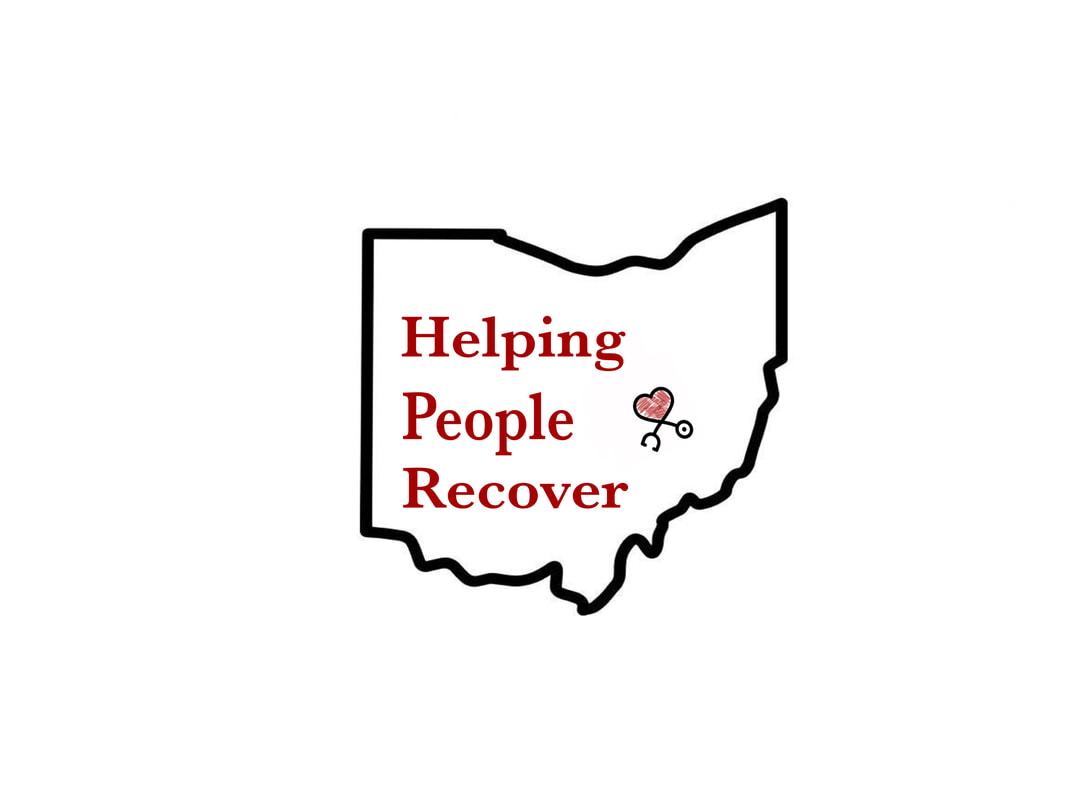|
Written by: Anthony Anders, ADC, LCDC-III Chemical Dependency Counselor
In short, it’s not easy, but it’s not impossible. Addiction is a family disease where the loved ones are often caught directly in its blast radius. Addiction rarely just happens overnight, but it will insidiously infiltrate a family over time to where it gets all within its grasp in some way. It is not just the addict who can use help in making some changes. Loving someone in addiction (as well as in recovery) is often off-balance due to the circumstances of recent behaviors. Many find that loving someone in, or attempting, recovery is counterintuitive to “normal” relationships. Many skills do need to be learned to get on the road to wellness. We often do not see the problems that have, over time, become just a typical day in traversing chaos and disruption. Here are a few tips in dealing with loving someone who is in our lives dealing with the problems associated with addiction and trying to gain traction in recovery:
1 Comment
Leave a Reply. |
Anthony Anders, ADC, LCDC-IIIAnthony is the lead counselor at HPR Clinic and assists individuals and families in reaching their recovery goals. Archives
October 2017
Categories |
 RSS Feed
RSS Feed
